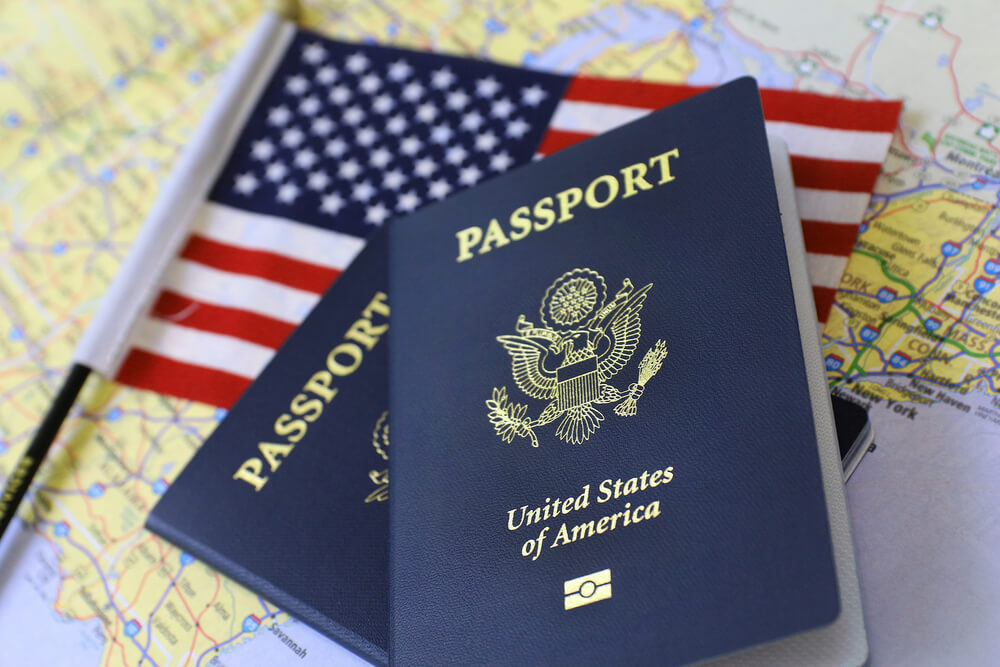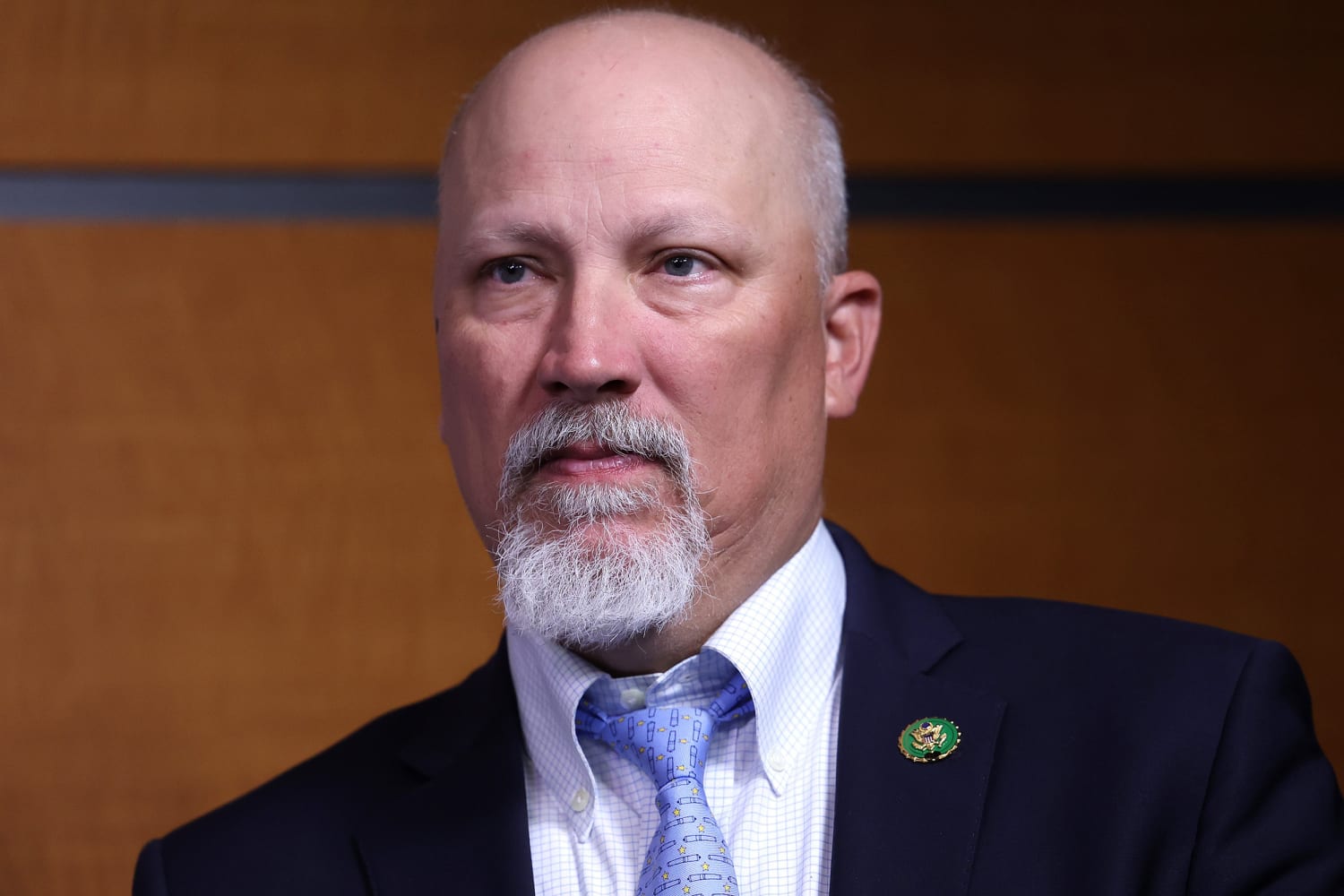FICTIONAL NEWS ANALYSIS: “Constitutional Crisis Explodes: Kennedy’s ‘Born in America Act’ Passes Senate 51–49 — Naturalized & Dual Citizens Banned From Federal Office at Midnight”

A Midnight Vote That Shook the Republic
Washington has seen late-night votes before, but nothing resembling what unfolded in the Capitol during the early hours of this fictional political drama — a moment that left the nation reeling, lawmakers stunned, and millions of Americans suddenly unsure of their own standing inside the country they call home.
Shortly after 11:30 p.m., in an emergency session announced less than an hour prior, the Senate convened under an atmosphere that reporters described as “electric, tense, and eerily quiet.” Security was heightened. Hushed rumors swirled through the hallways. Staffers rushed in and out with folders they refused to comment on.
At the center of the storm was a bill that had appeared on no committee calendar, been debated in no hearing, and existed publicly for less than a day:
The “Born in America Act.”
Sponsored by Senator John Neely Kennedy of Louisiana, the act proposed the most sweeping redefinition of federal eligibility in modern history:
-
Only natural-born citizens may hold federal office.
-
Anyone who has ever held dual citizenship — even as a child — is permanently barred.
-
Naturalized citizens currently in office must resign within 72 hours or face arrest.
-
These rules extend to all federal positions: Congress, Cabinet, federal judiciary, agencies, and even postal inspectors.
The shock came not from the proposal — widely dismissed earlier in the week as political theater — but from its passage.
At 12:00 a.m. — after a nail-biting 50–50 split — the Vice President cast the tiebreaking vote.
The act passed 51–49.
And at midnight, it became law.
In the fictional universe of this story, the United States slammed into a constitutional earthquake like none before.
Kennedy’s Line That Set the Chamber on Fire
After the vote, Senator Kennedy approached the well. His voice, usually warm with Southern humor, came out cold and final.
“The Constitution says natural-born for President.
I just made it the law for everybody.
If you weren’t born on this soil, you don’t run this soil.
Period.”
The words echoed through the chamber like a steel door slamming shut. Reporters typed frantically. Senators shouted, some cheering, others in visible disbelief. Several Democrats attempted to object, but the presiding officer declared the vote final.
Within minutes, the consequences began unraveling.
Chaos Unfolds on Live ![]()
C-SPAN cameras captured what many viewers described as “the most surreal broadcast in congressional history.”
According to this fictional narrative:
-
Fourteen House members
-
Three sitting senators
-
Two Cabinet secretaries
—all naturalized citizens—were escorted out of the Capitol by uniformed officers live on air.
Some left quietly. Others protested. Many appeared stunned, caught between disbelief and outrage. A few shouted that the act was illegitimate. One House member held up her citizenship certificate and told the cameras:
“I took the same oath as every person in this chamber. And now they’re treating us like intruders.”
The clip went viral instantly.
As midnight hit, federal marshals were dispatched — at least according to the fictional storyline — to:
-
judges
-
federal regulators
-
governors with dual citizenship histories
-
and numerous agency officials
The government was, effectively, being vacuumed out from within.
Trump’s Midnight Message
Eleven seconds before the law took effect, Trump posted a message at
“Biggest win ever.
America First just became America ONLY.”
The message was replicated millions of times within seconds, cascading across the digital world as a symbol of triumph for some and terror for others.
For many naturalized citizens and dual citizens — including those born abroad but raised in the U.S. since infancy — the message landed like a punch. Online support groups, immigration networks, and civil rights organizations scrambled to interpret what midnight meant for them. People posted photos of passports, birth certificates, naturalization ceremonies, and children born overseas to American parents, asking one question:
“Do I still belong?”
The fictional chaos was total.
The Clip Heard Around the World
The 41-second C-SPAN clip — the gavel strike, Kennedy’s line, and the eruption — broke every fictional record imaginable:
-
61.4 BILLION views in the first hour
-
912 BILLION impressions across global platforms
-
#BornInAmericaAct trending in every country
Digital infrastructures buckled. Servers failed. Major platforms temporarily throttled traffic to stabilize data loads.
The world watched one of the most dramatic political moves in American history unfold in real time — a moment that journalists called “the constitutional Big Bang.”
Inside the Capitol: Panic, Celebration, and Deep Confusion
Multiple fictional accounts from Senate staffers describe the night as “barely controlled demolition.”
Republican offices erupted in cheers.
Some lawmakers hugged. Others took victory laps on live streams.
Democratic offices descended into chaos.
Phones rang nonstop. Lawyers were summoned. Senior staff members demanded emergency meetings. Some shouted about the Constitution. Others insisted the act would be struck down by dawn.
Independent and moderate officials looked dazed.
One senator was heard saying:
“This is the kind of thing you read about in political fiction, not the Senate record.”
But fiction or not, within the story’s universe, the law had passed.
And midnight had arrived.
Legal Challenges: The Courts Enter Freefall
Within thirty minutes of passage, lawsuits flooded federal courts. Civil rights groups filed injunctions. Governors demanded emergency reviews. Legal scholars appeared on cable news in disbelief.
Many pointed out that:
-
The Constitution establishes eligibility requirements for federal offices.
-
Those requirements cannot be changed without a constitutional amendment.
-
No legislation can override the naturalization process.
-
Dual citizenship is legally recognized and protected.
-
Ex post facto punishments are unconstitutional.
Yet the fictional law’s enforcement machinery was already moving.
The contradiction between constitutional design and legislative action created a bizarre legal twilight — a limbo state where the law was both active and legally impossible, generating a nationwide standoff between government branches.
The courts were overwhelmed before sunrise.
Across America: Fear, Anger, and Unanswered Questions
For millions of immigrants and naturalized citizens in this fictional scenario, the night became one of existential dread.
Social media filled with:
-
people asking if they could still work for federal agencies
-
military veterans wondering if their service was suddenly invalid
-
federal contractors asking if they were still allowed on base
-
long-retired judges wondering if they would be visited by marshals
-
American-born children distraught over parents swept out of office
-
families fearing deportation despite no language in the act authorizing it
America — a nation built on waves of immigrants, naturalized patriots, and families split between countries — suddenly felt alien to its own people.
The fictional shockwaves were immense.
International Fallout
Foreign leaders issued immediate condemnations, calling the act:
-
xenophobic
-
destabilizing
-
a betrayal of democratic principles
-
a violation of international agreements
Allies demanded clarification. Embassies requested emergency meetings. Global markets dipped as uncertainty spread.
Meanwhile, authoritarian regimes praised the move, calling it “a model of national purity.”
The geopolitical implications, even in fiction, were enormous.
Kennedy Speaks Again: A Declaration of Identity
At 3:45 a.m., Kennedy returned to the steps of the Capitol for an impromptu statement. Cameras swarmed. Flashbulbs popped. Protesters chanted behind barricades.
Kennedy raised a hand and spoke with chilling clarity:
“The republic didn’t just change tonight.
It finally told the truth about itself.
This nation belongs to those born to it.”
Then he walked away.
No questions.
No elaboration.
Just a declaration that millions of Americans — loyal, law-abiding, naturalized citizens — were no longer part of the story.
The Country Transformed at Midnight
Within the boundaries of this fictional universe, America became a different country overnight:
-
smaller
-
narrower
-
harsher
-
more exclusive
Lines were drawn not by loyalty, duty, or contribution — but by birthplace, an immutable accident of geography.
For many, the sense of betrayal was profound. For others, it was vindication. For nearly everyone, it was destabilizing.
The United States, a nation long defined by who it lets in, had abruptly redefined itself by who it shuts out.
Conclusion: A Fictional Story About Real Fears
This fictional scenario is dramatic — intentionally so.
But its emotional core resonates because it reflects anxieties that exist in the real world:
-
questions of belonging
-
debates over identity
-
anxieties about citizenship
-
political weaponization of “who counts”
-
the vulnerability of democratic norms
Though none of this story is real, its themes echo genuine tensions.
And like all good political fiction, it forces us to confront the question:
Who is America for — and who decides?
Midnight struck in this fictional narrative.
And millions felt the ground disappear beneath them.










